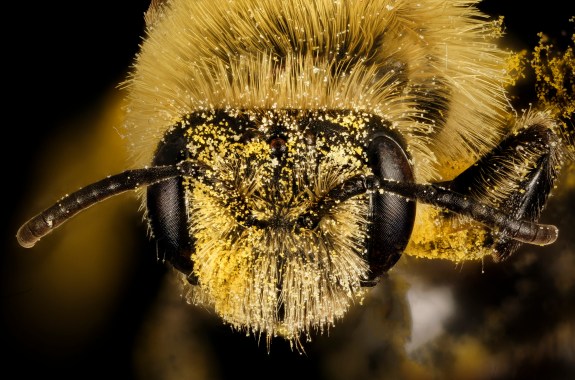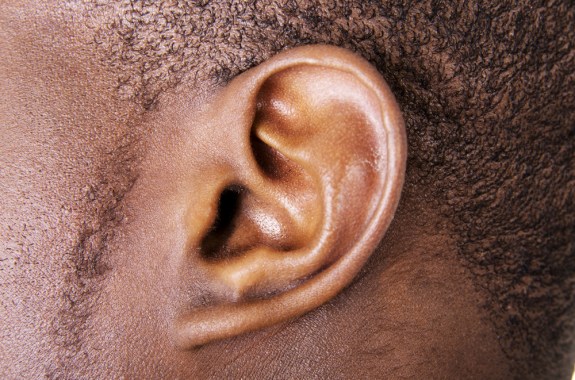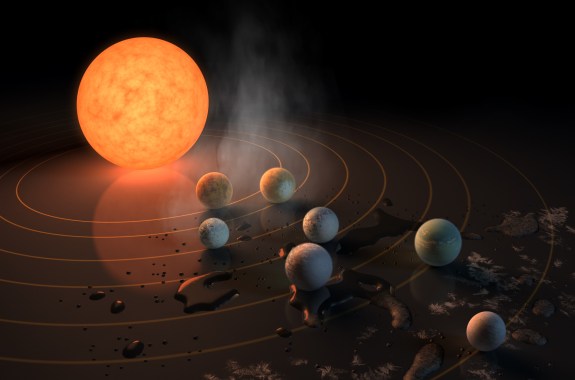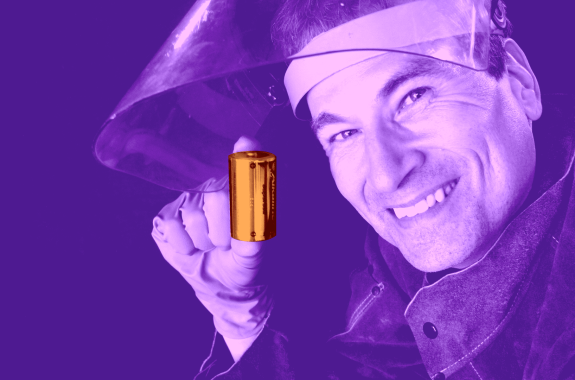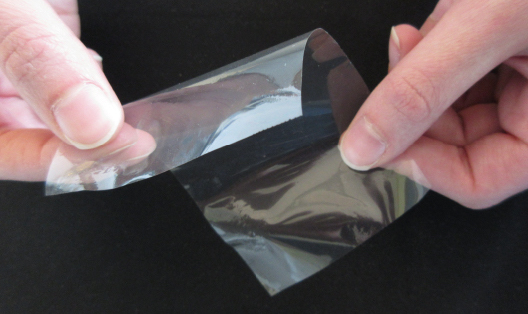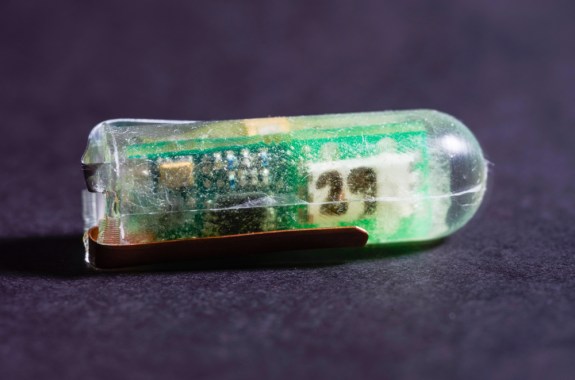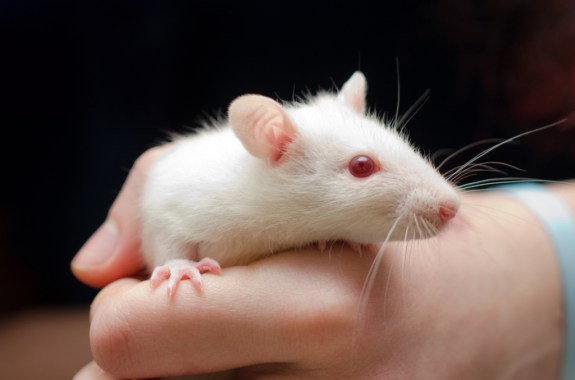Katie Feather is a former producer for Science Friday and the proud mother of two cats, Charleigh and Sadie.
Katie previously worked as a reporter and producer for KBIA, WHYY, WNYC and The New York Times and has a degree in science journalism from NYU. Her work reporting on events in Ferguson, Missouri, in 2014 won a National Murrow Award for small-market feature reporting.
A native of the New York metro area, Katie currently calls New Jersey home (and feels guilty about it). She hopes to one day live near the beach.
4:47
A Sweet Way to Test for Pee in the Pool
Testing pools for an artificial sweetener can reveal if swimmers peed in the water.
17:24
The Secret (Smart) Life of Bees
Bees can distinguish between human faces, count to four, and even play “soccer.”
7:02
Can This Treatment Combat Hearing Loss?
Boston-based researchers have regrown a high volume of sensory hair cells in the lab using a new technique.
16:51
Seven New Chances for Life in Space, Just 40 Light-Years Away
Scientists have discovered seven Earth-size planets orbiting a nearby star that could hold the conditions for life.
16:29
Booting Up the Search for Better Batteries
New battery technology could make our devices safer, and help squeeze more power out of the grid.
17:22
Which New Battery Technology Will Take Electric Vehicles To The Finish Line?
Lithium ion may be good enough for now, but experts say that new battery tech will bring EVs to the next level.
4:30
Should A.I. Have a Role in Science Publishing?
Artificial intelligence won’t take over peer review anytime soon, but it may help combat fraud.
11:54
Why So (Heat) Sensitive?
A new plant-derived material claims the title of most heat-sensitive.
6:35
Harvesting Power From the Gut
Researchers have designed a battery that runs on stomach acid to power ingestible sensors.
16:45
Human-Animal Hybrids Find Their Place in Medicine
New advances in stem cell research will one day make it possible to grow human transplant organs in animal hosts.

